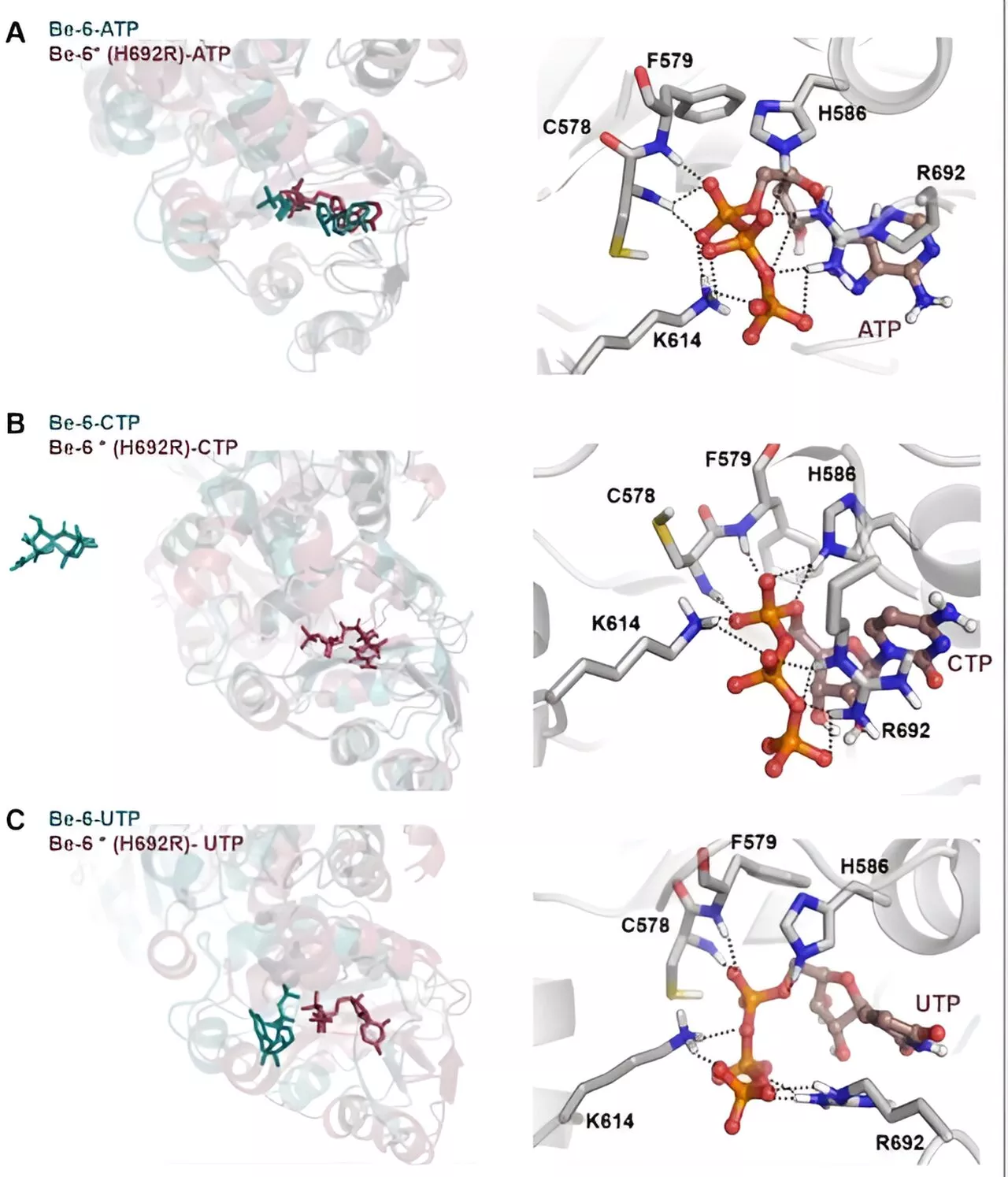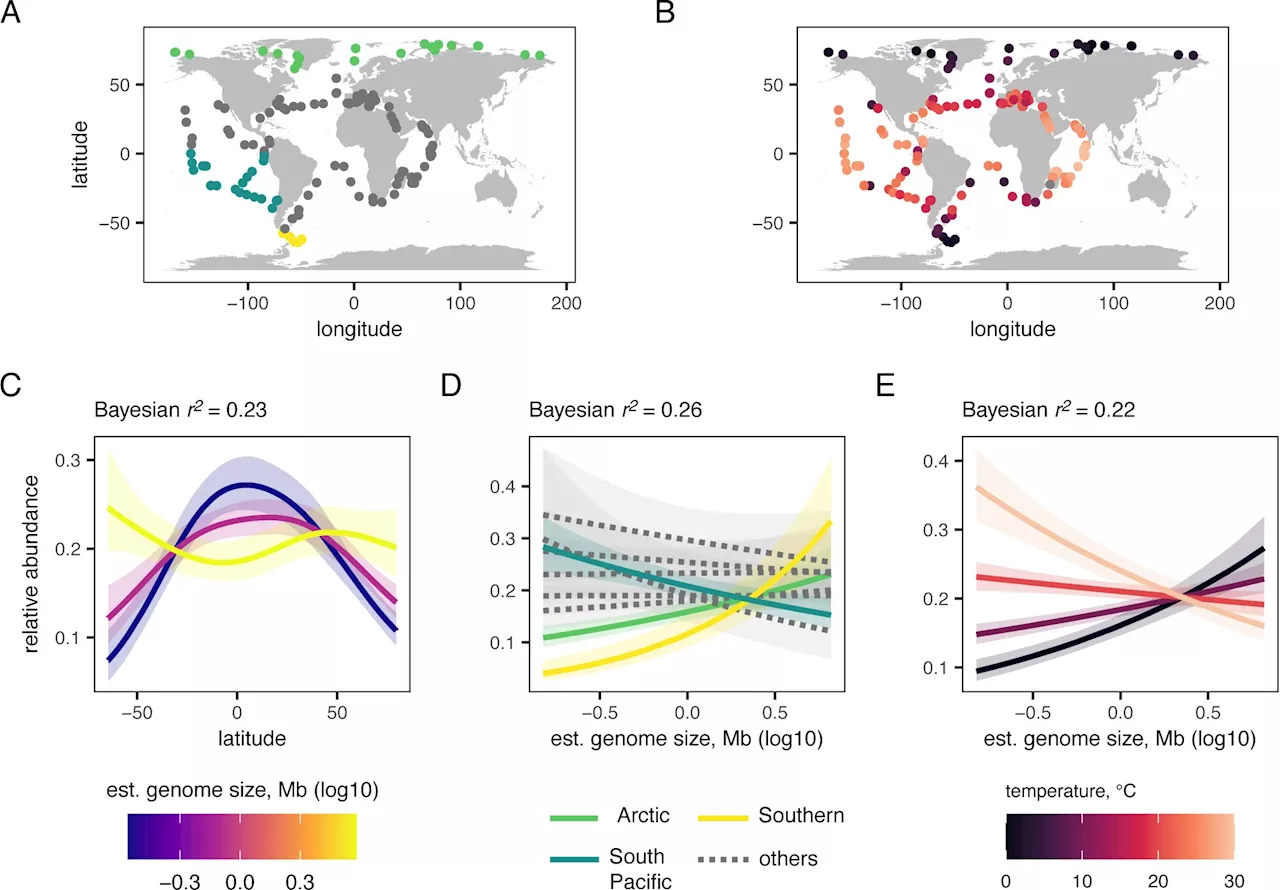A study investigated the origin of ataxia in the brain of patients with stroke. A significant number of the stroke lesions in the patients were located outside the cerebellum.
A new study by the University of Turku and Turku University Hospital in Finland investigated the origin of ataxia in the brain of patients with stroke. A significant number of the stroke lesions in the patients were located outside the cerebellum.
"Ataxia is primarily considered to originate from damage to the cerebellum or to structures directly connecting the cerebellum to the rest of the central nervous system. However, ataxia has been observed to occur even without damage to these structures, which has left its neurobiological mechanisms partly unclear," says Juho Joutsa, Professor of Neurology and the Principal Investigator of the research group at the University of Turku, Finland.
Finally, the researchers tested the predictive value of the identified brain network in a separate dataset of 96 stroke patients and showed that the strokes that occurred in the network did indeed predict the development of limb ataxia in these patients.
Stroke Prevention Diseases And Conditions Today's Healthcare Brain Injury Stroke Brain-Computer Interfaces Neuroscience
United States Latest News, United States Headlines
Similar News:You can also read news stories similar to this one that we have collected from other news sources.
 Researchers decipher MIS-C, the scary illness that followed COVID in some kidsSome children who had COVID developed a severe inflammatory response that could put them in the ICU. Scientists have learned why.
Researchers decipher MIS-C, the scary illness that followed COVID in some kidsSome children who had COVID developed a severe inflammatory response that could put them in the ICU. Scientists have learned why.
Read more »
 Researchers Solve Long-Standing Piezoelectric Material ChallengeScience, Space and Technology News 2024
Researchers Solve Long-Standing Piezoelectric Material ChallengeScience, Space and Technology News 2024
Read more »
 Researchers find β-d-manno-heptoses are immune agonists across kingdomsBacterial small molecule metabolites, such as adenosine-diphosphate-d-glycero-β-d-manno-heptose (ADP-heptose) and their derivatives, act as effective innate immune agonists in mammals.
Researchers find β-d-manno-heptoses are immune agonists across kingdomsBacterial small molecule metabolites, such as adenosine-diphosphate-d-glycero-β-d-manno-heptose (ADP-heptose) and their derivatives, act as effective innate immune agonists in mammals.
Read more »
 Researchers make breakthrough in understanding species abundanceWhen it comes to predicting the abundance of a species, body size appears to be a fundamental and repeatable predictor, with smaller organisms occurring in greater numbers than larger ones. The caveat, known as Bermann's Rule, is that in polar regions larger bodied organisms predominate.
Researchers make breakthrough in understanding species abundanceWhen it comes to predicting the abundance of a species, body size appears to be a fundamental and repeatable predictor, with smaller organisms occurring in greater numbers than larger ones. The caveat, known as Bermann's Rule, is that in polar regions larger bodied organisms predominate.
Read more »
 Researchers develop AI model that predicts the accuracy of protein–DNA bindingA new artificial intelligence model developed by USC researchers and published in Nature Methods can predict how different proteins may bind to DNA with accuracy across different types of protein, a technological advance that promises to reduce the time required to develop new drugs and other medical treatments.
Researchers develop AI model that predicts the accuracy of protein–DNA bindingA new artificial intelligence model developed by USC researchers and published in Nature Methods can predict how different proteins may bind to DNA with accuracy across different types of protein, a technological advance that promises to reduce the time required to develop new drugs and other medical treatments.
Read more »
 'Clotilda is broken:' Researchers reveal findings from study of slave shipThe Alabama Historical Commission has released a 400-page report that reveals what researchers learned from a 2022 exploration of the shipwreck site.
'Clotilda is broken:' Researchers reveal findings from study of slave shipThe Alabama Historical Commission has released a 400-page report that reveals what researchers learned from a 2022 exploration of the shipwreck site.
Read more »
